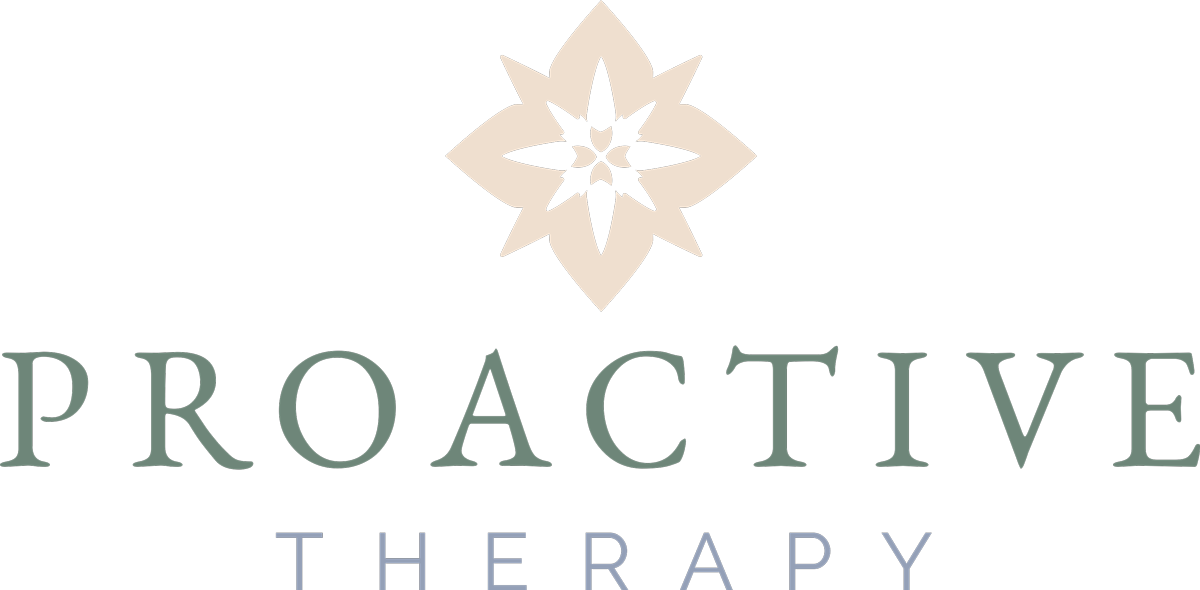Does this sound familiar? Let me explain how this cycle works. You tell yourself that achieving just one more thing will finally make you feel worthy or happy. But as soon as you hit that milestone, it doesn’t feel like enough. There’s now something else to fix, another goal to chase; and no matter how much you accomplish, the sense of satisfaction never lasts. It’s like being on a treadmill—you’re working so hard, but you never quite get anywhere. Instead of feeling fulfilled, you’re left exhausted and frustrated, wondering why all your efforts still don’t feel like they’re enough. Over time, this deepens feelings of inadequacy and frustration.
Couples therapy is not just for relationships in crisis; it’s a valuable resource for any couple looking to improve their connection, resolve conflicts, and build a stronger, more fulfilling partnership. If you recognize any of these signs in your relationship, consider reaching out to our couples therapists who can guide you on your journey toward a healthier and happier relationship.
Read MoreIn our journey through life, we all face challenges and obstacles, major life stressors and day to day thoughts and feelings that get in the way of how we want to live our lives. Recognizing when it's time to seek professional help can be a pivotal step toward personal growth and overall well-being. Read on for ten signs that it might be a good time to start therapy.
Have you ever recognized your irritation and confusion at being asked, “What do you want for dinner tonight” at the end of a long week, realizing that this might be your least favorite question? If you have, then you’re not alone. But why is it that such a seemingly innocent question stirs up such hesitation and discomfort in us? To put it simply, we are burnt out. Not only from life, but from making choices in general.
Read MoreWe can probably all relate to the desire to control our thoughts and emotions. I can’t feel angry and be the kind of parent I want to be - how do I get rid of the anger? I shouldn’t have mean thoughts…if I do, I must be a bad person. I can’t stop worry thoughts from showing up, and I’ve tried everything I possibly can to get rid of them. Why won’t they go away? Some of us have tried substances, binging, purging, and cutting, others have tried restricting or keeping so busy they have no time to feel. In some ways, we’ve become experts at attempting to control our emotions through escape and avoidance - but to no (long-term) avail.
More than two years ago, Covid-19 turned our world upside down. We isolated ourselves, disinfected our groceries, bought massive quantities of flour, and worried about running out of toilet paper. Today, as we navigate this late-pandemic stage, plenty of us still feel a lingering sense of unease. We are exhausted, sluggish, angry, or frustrated. Add a dash of unmitigated work stress, financial troubles, relationship problems, or heavy caregiving responsibilities? Welcome to burnout.
Read MoreWe created an 8-week group course in 2019 to help people navigate today’s confusing dating landscape and learn how to date more effectively. The dating terrain may be ever-changing, but the importance of figuring out what we are looking for in a partner hasn’t changed. Once we have identified how our ideal partner would be in a relationship, we can be clear on whether or not these values are showing up in the early stages of dating.
Read MoreFor many of us growing up in America, we were taught that fatness was an illness to be feared and avoided, and we were also led to believe that our weight was easy to control through food and exercise. These narratives completely disregard the numerous other factors that contribute to our weight (like biology, heredity, access to preventative medical care, socioeconomic status, access to nutritionally diverse food, and mental health just to name a few), and ignore the fact that intentional weight loss has a 95% failure rate.
Read MoreThe therapeutic relationship, like every relationship, sometimes needs work. But how exactly can you give your therapist feedback? Marijke Wijnen shares five tips to help navigate the conversation.
Read MoreThere’s an interesting mixture of emotions right now--so much that feels old, and also a new glimmer of hope for what is to come on the horizon. It’s a wonderful time to use dialectical thinking.
Read MoreAs things have opened back up, I’m noticing more and more people talking about COVID guilt - the anticipatory guilt of possibly giving COVID to someone else. What if I have COVID and I don’t realize it? What if I give COVID to my parents? Or to my high risk colleague? Or to my pregnant friend?
Read MoreIn times of loss our world becomes very small; all we can focus on is what we are lacking. Gratitude creates an expansion where we can suddenly hold both our suffering and the things we have to be grateful for at the same time.
Read More












